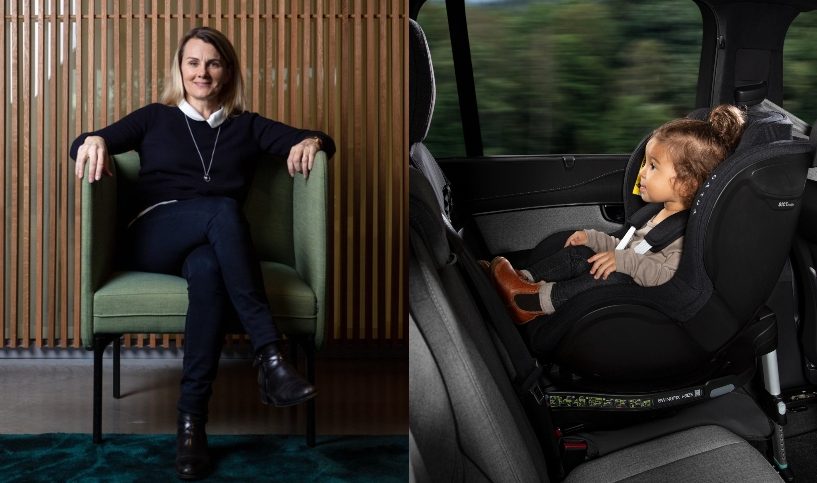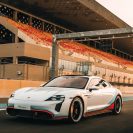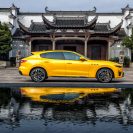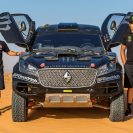Professor Dr. Ing. (Doktoringenieur – Doctor of Engineering) Lotta Jakobsson is 2018’s recipient of the prestigious Golden Diesel Ring for her commitment to child safety and vehicle safety research. Awarded by the Association of Motor Journalists (VdM) in Germany, Lotta is the 72nd member, only the third woman, and just the second non-German to receive this honor. bazaar was delighted to be given the opportunity to discuss safety, research and Volvo’s vision with the award-winning senior technical specialist at Volvo Cars Safety Centre.
In 2006 Britney Spears shocked the world when she drove one-handed with her 4-month-old son on her lap. Unfortunately, you don’t have to look too far to see incidents like this on Kuwait’s roads, or to see children with their heads popping out of sunroofs, or kids jumping around in the back seats waving at passers-by.
The Ministry of Information Traffic Law State of Kuwait 2019 Section 2 Safety and Reliability Requirements Article 47 – 4 states that seat belts must be fitted in the front and rear. Article 36 – 8 states that not wearing a seat belt incurs a fine of not more than fifteen dinars.
International organisations such as the Auto Driver Club on adcidl.com suggests that in Kuwait Children under 10 should not be in the front seat and Lotta recommends that up to four years of age toddlers should be placed in the back, strapped into rear-facing child seats with the corresponding airbag disabled, stressing that the main reason for fatalities in children is that they are not restrained at all and secondly, that they are not using child restraints like a booster seat in addition to standard belts.
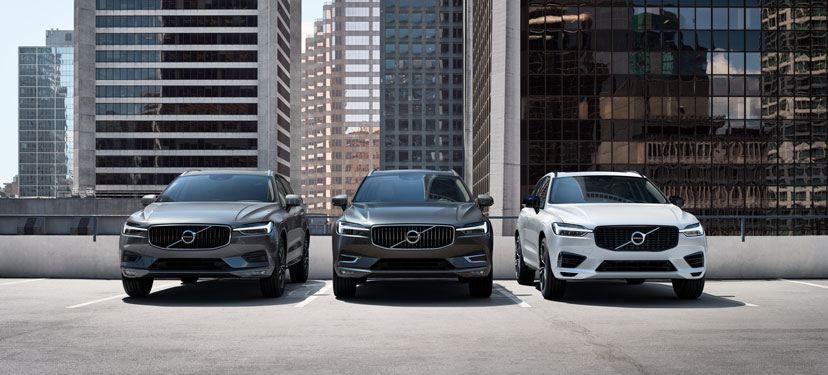
Volvo – safety as standard
When pressed on how to tackle the culture of lack of restraints especially for children, Lotta suggests social pressure, “The best way is to inform about why [child restraints are needed], and the best target group is those with babies, and then [parents] will start to use seatbelts themselves.”
When it comes to seatbelts, many of us may have seen on film tests done with crash test dummies. The E.V.A – Equal Vehicles for All initiative consists of over one hundred research papers undertaken by Volvo since the 1950’s and is freely available for anyone to download, and research expands on the rudimentary early beginnings of safety tests with dummies representing the mid-size male.
Volvo recognizes that not everyone in cars is the size and weight of earlier standard dummies. Since 1995 various sizes of female dummies have been used in Volvo tests, including a virtual pregnant representation since the early 2000’s and a midsized female crash test dummy used for whiplash evaluation in rear end impacts.
Volvo has the capacity to test twice a day informs Lotta, but they perform as many tests as are required, thousands of them in virtual simulations using mathematical models of the crash test dummies, the human models, and vehicle specs differentiations.
“It’s important that we address as many of the population in size and shape when designing restraints, and the fact that people are various sizes, it becomes very obvious when you are basing your developments from real world data.”
Deciding to place side airbags not in the door but in the seat was a pivotal change in recognizing these differences as the airbag moved with the adjustment of the seat position. “You must always have the mindset that these are the people of different sizes that we want to protect,” continues Lotta.
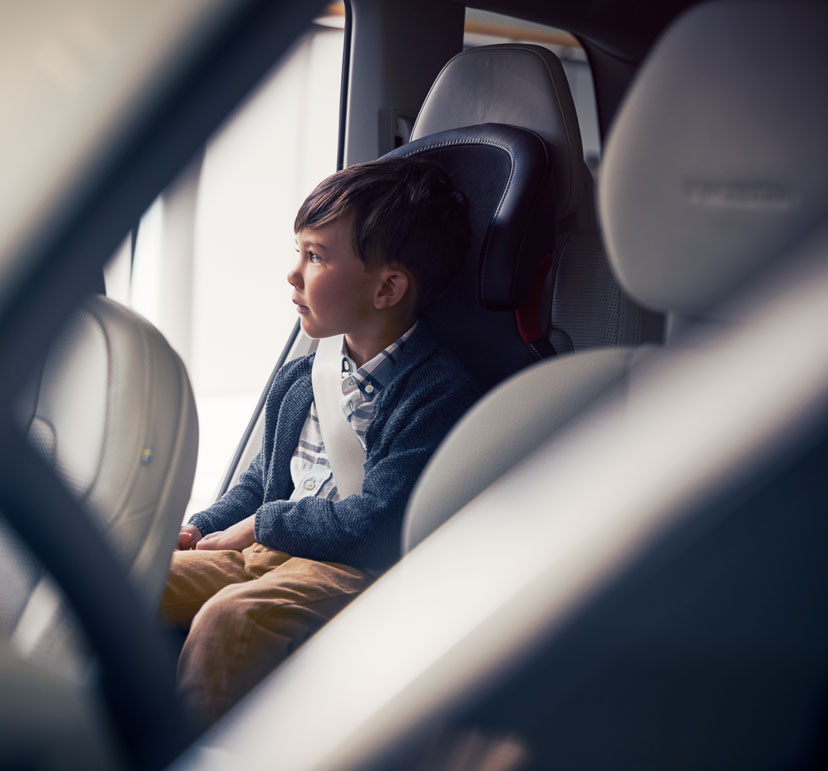
Volvo has a number of safety features that can be described as active or passive. Active features can include the Lane Keeping Aid, Blind Spot Information System, Active High-Beam Control, Driver Alert Control and City Safety. Passive features are considered so because it’s only until you need them that they are operational. Things like the airbag, collapsible steering column and collision mitigation support.
bazaar asked if Lotta ever could envision a time where active features would be so fully functioning that passive features would become null and void; would there be a time when car on car impact becomes a thing of the past. Interestingly, Lotta says no. There will always be collisions even when cars become driverless. The only way no impact distancing could occur would be on tracks like for trains, and that’s not what cars are.
“Cars represent freedom of movement, to get you from A to B,” says Lotta, going on to explain that collision impact active features will work together in a more intelligent way with passive features that could slow the car down for example. There goes the vision of future flying vehicles with force field shields then. Although, if any company were to invent it, it would be Volvo.
When asked about Vision 2020, reducing the number of people that die or are seriously injured in road traffic accidents to zero and if there is much left to do, Lotta says that while the language of 2020 was retired last year, it is a vision and a mindset that continues to be important. Lotta explains,
“There is still a lot to do and we are mainly focused on driver behavior related challenges and the continuous work on improving the protection of the car as well. The important thing is the mindset is relevant to everyone.”
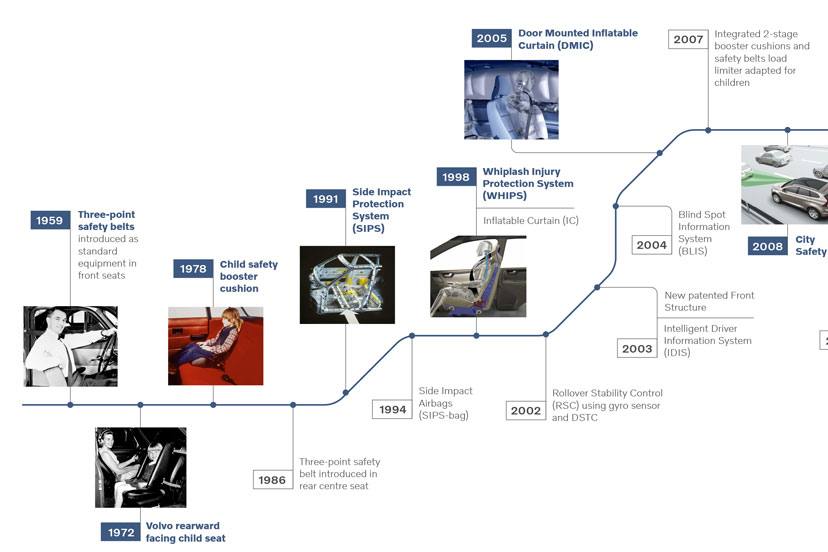
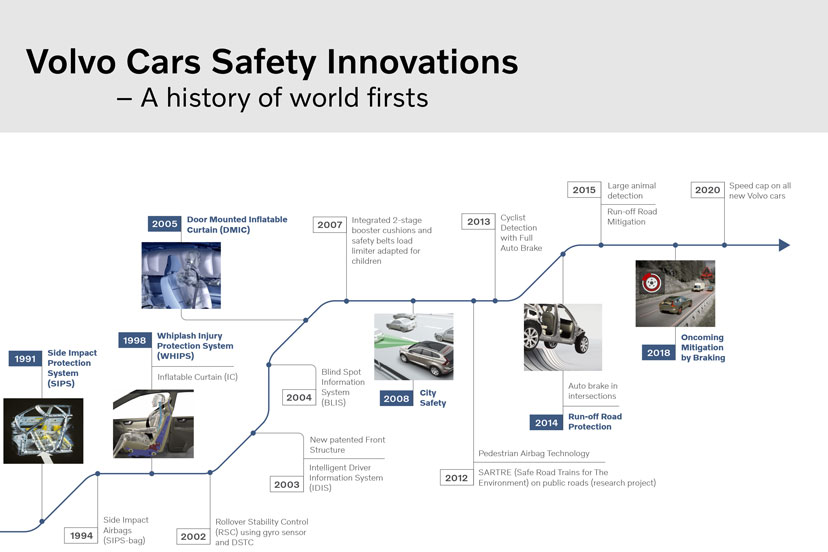
Finally, Lotta is asked if there’s one thing of which Volvo can be most proud. Immediately she answers with the seat belt. Volvo engineer Nils Bohlin invented the three-point safety belt in 1959. After sponsoring the research and development, Volvo gifted their designs to competitors in order to save lives and the three-point seat belt was universally adopted by the motoring industry. Volvo continues to share its safety features progress, but Lotta laughingly adds, “After we’ve released our Volvo vehicles first.”
In regards to continued research and development Lotta acknowledges that, “You can’t be leading in safety unless you have your own knowledge, otherwise you’ll be a follower by definition. That’s the key for our success, but it’s based on the very firm mindset that Volvo really wants to protect people inside and outside the car. It’s in our genes.”
Volvo is brought to you by BNK Automotive. Follow the account @volvocarskuwait on Facebook and Instagram, and call 9500 0000 for sales or message 2209 9999 on WhatsApp for more information.



